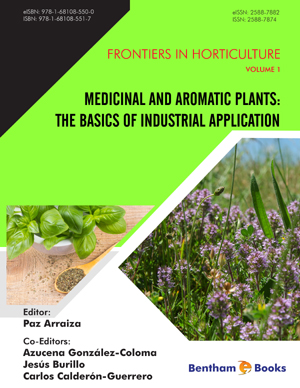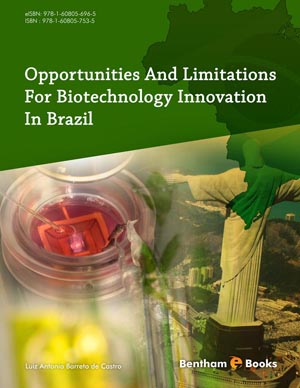Abstract
This chapter describes the role of plant hormones during the development of the nonclimacteric grape berry. Advances in analytical methods have enabled a better understanding of hormone accumulation although the role of some hormones, for example ethylene, during berry development, remains unclear. Even though the biosynthesis pathways for a number of hormones have been elucidated in grapevine, our understanding of some, for example, the auxin biosynthesis pathway, is still embryonic in grapes. Recent work regarding the breakdown of ABA and auxins has demonstrated the importance of catabolism in determining the final hormone profile during development. Much attention has been focused on the role of hormones during ripening due to the importance of the ripening process to the relevant grape industries. Brassinosteroids have now been added to the list of hormones that can advance ripening. High throughput techniques for analysing changes in gene expression, such as microarray analysis and deep sequencing, are now being used to assess the role of hormones during berry development. These techniques are ideally suited to analyse the effects of exogenous hormones on gene transcript levels, and the information gained will provide a global view of hormonal control at the transcriptome level. It is much more difficult to obtain an overall picture of the changes in protein levels as a response to hormone treatment. However, proteomic studies have demonstrated changes in the levels of a number of proteins, and some of these changes reflect changes in gene transcript levels. This chapter is a review of the current state of knowledge regarding the hormonal control of berry development (excluding polyamines which are described in Chapter 7). A portion of this work has been referred to in a previous review [1].
Keywords: Abscisic Acid, Auxins, Brassinosteroids, Cytokinins, Ethylene, Gibberellins, Grape berry ripening, Growth regulators, Hormone, Jasmonates, Receptors, Salicylic acid.












